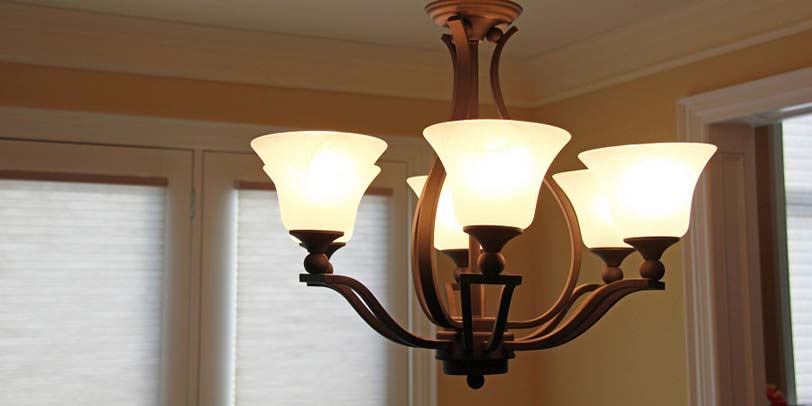If you are buying or selling a house, you may come across terms related to fixtures and chattels. It’s essential to have your property lawyers clarify the differences in these terms, as they are typically outlined in the agreement and purchase/sale documents.
If you don’t understand what they refer to, you may be disappointed once the removalists leave and you move into your new home, only to find that something is not there when you expected it to be.
Fixtures
Generally speaking, a fixture is something that is attached to the land or property. However, even though it may seem very obvious as to what is attached and what isn’t, there are some variations, just to keep you on your toes.
In some cases, chattels can become fixtures and fixtures can become chattels. In one case of selling an old theatre, the question arose as to whether the seats were fixtures, since they were actually bolted to the floor and to each other.
Oddly enough, a court decided they were not fixtures, but chattels, so they were not to be considered part of the theatre. This was in spite of the definition of a fixture being anything that is attached to the land through anything but its own weight.
Chattels
Chattels are usually goods that are not fixed to the land or property by anything other than their own weight. These are usually furniture and small appliances in a property and are the belongings of the owner. However, this does not include built-in furniture.
A chattel can become a fixture if it has been affixed to the home and it cannot be removed without causing damage to the property. For instance, a built in wardrobe would be a fixture, but the wire mesh insert that was put in afterwards could well be a chattel, since it is not fixed in by anything but its own weight. That said, inserts made from timber and screwed or glued to the inside of the wardrobe would be fixtures.
Why it’s important
It is essential to determine exactly what the seller has agreed to sell, particularly in the case of agricultural property, where additional extras may include water tanks, chicken coops, outbuildings, and removable yards. Since a water tank is usually only attached to the property by its weight, would it be a chattel?
The owners could decide to take it with them to another property, so you must be aware of these details and ensure they are included in the purchase agreement if you don’t want to find yourself short of drinking water when you move in.
Should a dispute arise about whether something is a fixture or a chattel, things to take into consideration are the surrounding facts of the case. The intention, object, purpose and degree of annexation of the chattel must be determined.

